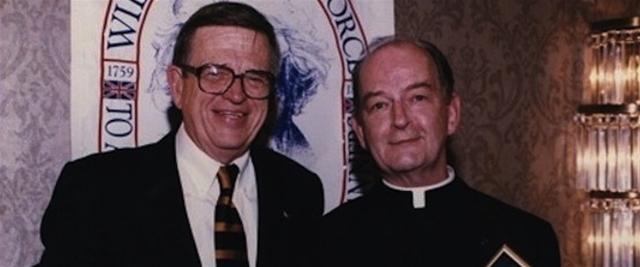Several years ago I heard Ross Douthat say that he thought, given the 20-30 years of good will that had been built up between Protestants and Catholics, it may soon be time for some frank discussions of our differences and a healthy parting of ways. Douthat’s words have come to mind several times recently as I have observed the ongoing discussion surrounding the editorial positioning of First Things and the broader questions raised by the end of bourgeois Christian politics.
Login to read more
Sign in or create a free account to access Subscriber-only content.
Topics:
